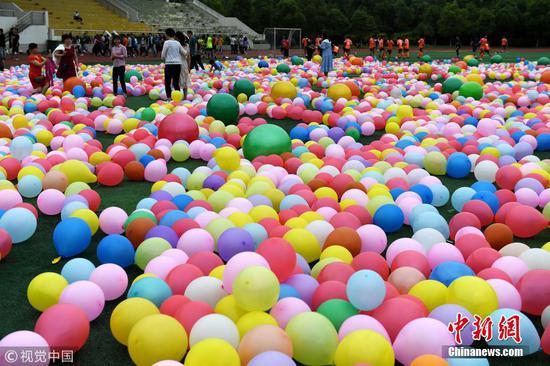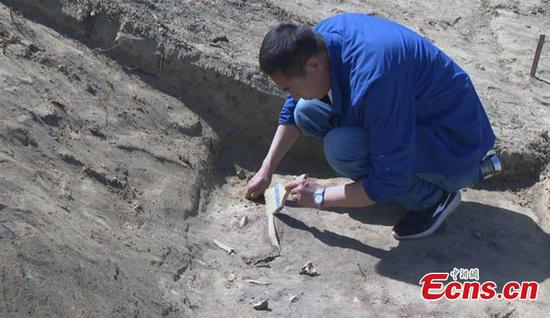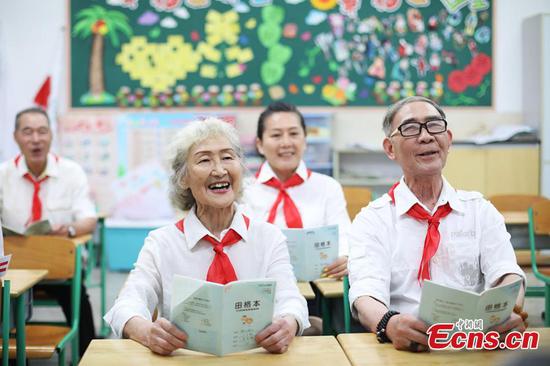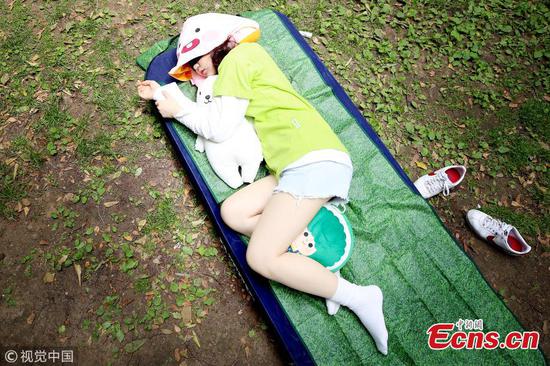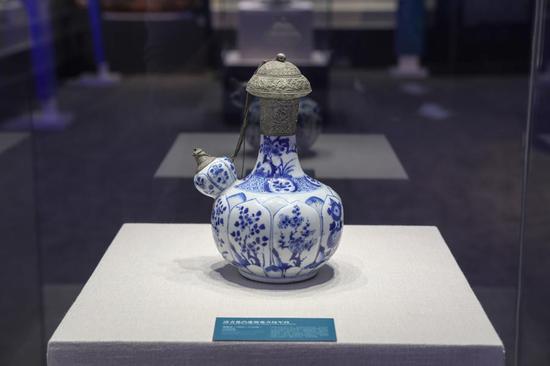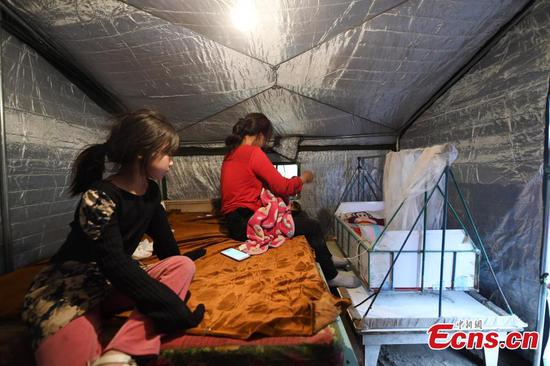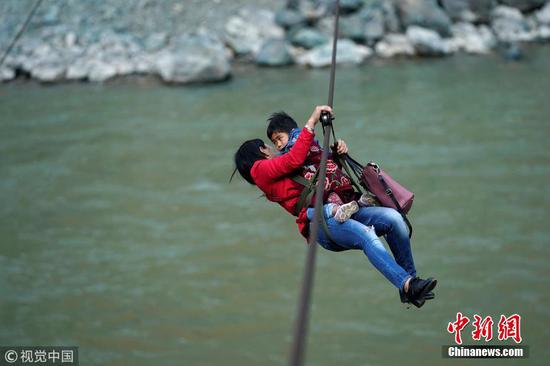In China, home-care mobile applications seem to propose a win-win solution by matching senior patients with medical professionals like nurses. But such in-home healthcare provision is also raising concerns as further oversight and regulation in the healthcare system are still desired.
A digital health app was recently launched in Jinan City, east China's Shandong Province. Similar to most of home-care apps, it connects patients with caregivers, enables providers like nurses to come to patients’ door and offers more affordable treatment than hospitals, ranging from injection, IV, blood draw to special care like newborn exams, urethral catheterization and so on.
With featured services like “nurse-sharing”, it is said to benefit medical professionals who are often underpaid, and bypass non-urgent hospital visits for patients. This is especially the case among the aging population, those with chronic diseases and people in need of care after being discharged from the hospital.
According to census report there’re currently 222 million people who’re aged over 60 years in China, many of whom live with chronic diseases. Home-care online services such as “nursing sharing” are able to meet the needs of both patients and providers. So far, there are about 20 different such apps in China, Qilu Evening News reports.
Zhao Fei, an emergent care provider from a Jinan City hospital, was the first registered nurse on one of the “nursing-sharing” apps with the huge demand he saw since been in practice. He said the app “is just like Uber and saves both time and bills”, as it occasionally offers discounts for certain services. Zhao said he has made 20,000 yuan (about 3000 U.S. dollars) since joined one of the apps in 2016, Qilu Evening News reports.
However, such digital health apps are scrambling to fit in the Chinese healthcare system as they’re at the fringes of its day-to-day operation and finance, according to Jeffrey Towson, a professor of investment at Peking University. And adequate regulations and oversights of such online service are still desired.
Moreover, underlying issues such as “medical disputes between doctors and patients, one’s safety, and qualifications of providers are still yet to be addressed”, according to reports from Worker Daily News.
In a 2017 report, an official from the Shanghai Ministry of Health had previously commented that nurses who provide care via such online apps without a legal permit for medical practice are considered to be illegal.
Concerning the viability of such home-care apps, relevant health officials added that there are currently no specific regulatory policies, Qilu Evening News reports.










